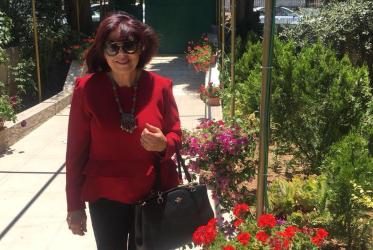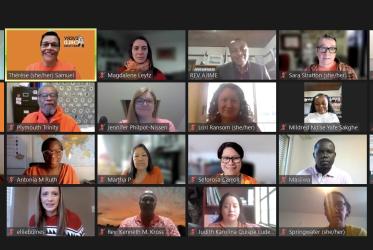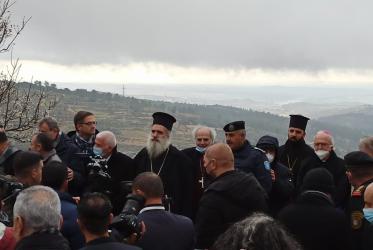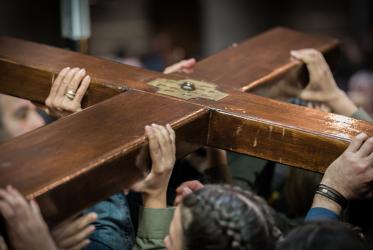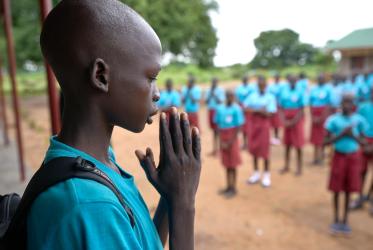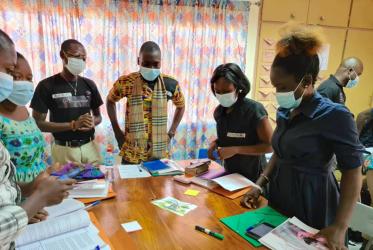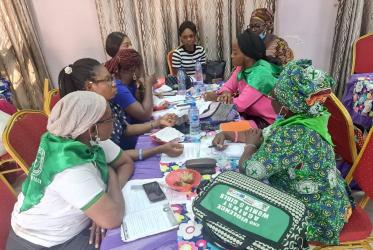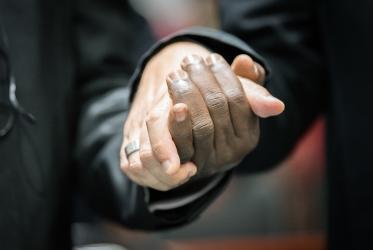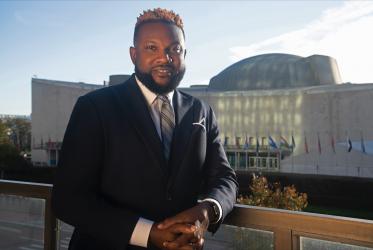Displaying 121 - 140 of 205
WCC leaders recall life-changing experiences from early days
10 February 2022
Planting trees and working for peace in Palestine
26 January 2022
South Sudan ecumenical leader: Don’t give up on war-torn country
19 January 2022
Nigerian churches train women and girls on human rights
20 December 2021
Webinar remembers past massacres in Europe
16 December 2021

